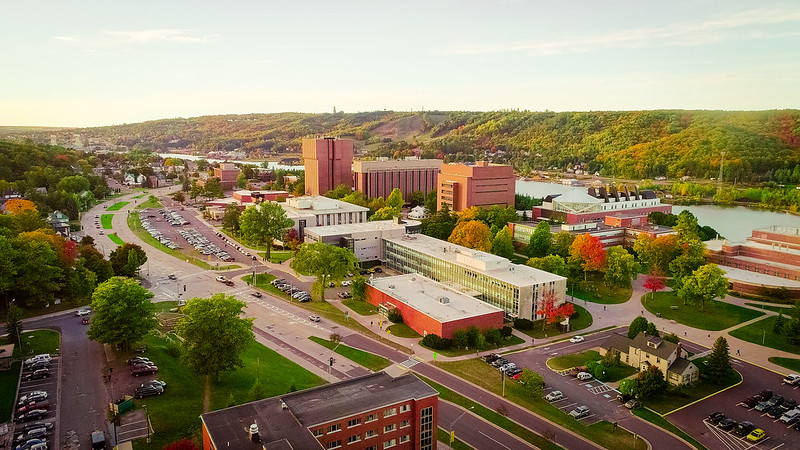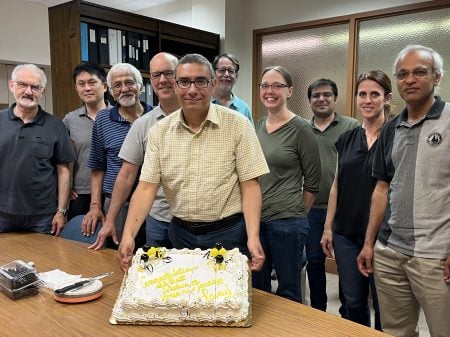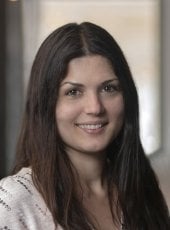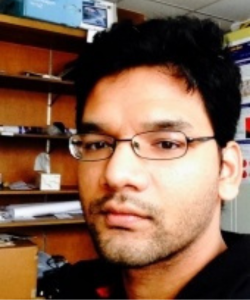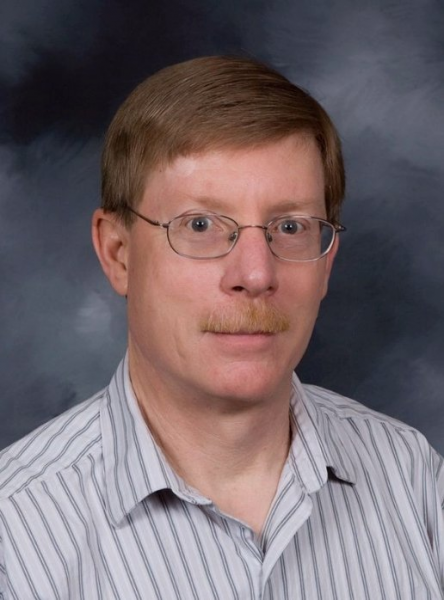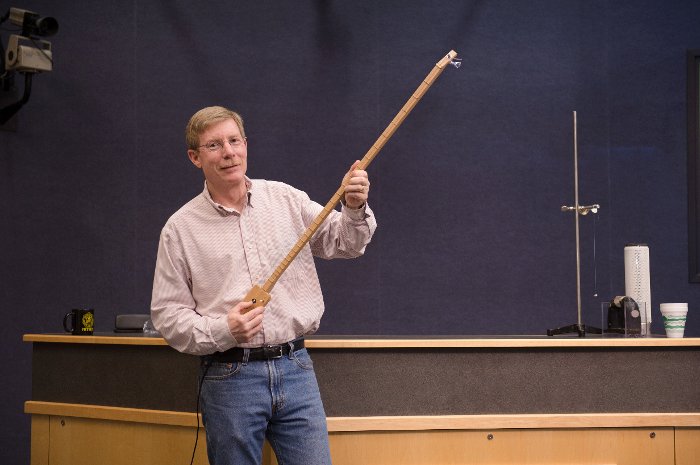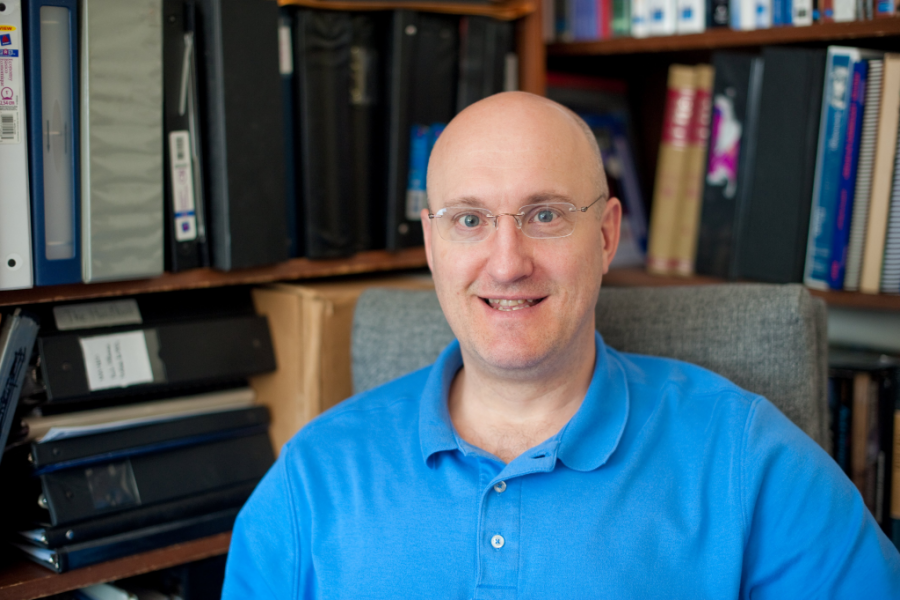Professor Emeritus David Nitz was recently honored for his efforts to build bridges for Michigan Tech students from Malargüe, Argentina.
Malargüe is home of the Pierre Auger Observatory, the world’s largest cosmic ray detector, covering an area of 3,000 square kilometers. It is operated by a collaboration of more than 400 scientists from 17 countries with the aim of studying the highest energy particles of the universe — ultra-high energy cosmic rays.
On Jan. 6, the Municipality of Malargüe held a recognition breakfast in Nitz’s honor, highlighting his long-standing contribution to education and his commitment to supporting Malargüe students who attended Tech.
During the event, local authorities presented Nitz with Ordinance No. 2,362/2025 from Malargüe’s city council, which officially designated a public street as “David F. Nitz Street.” The tribute, covered by local newspaper Ser y Hacer de Malargüe, reflects the deep appreciation of the community for a professional career that not only advanced scientific knowledge but also created lasting educational opportunities for students.
The event also emphasized the human dimension of Nitz’s work. Together with his wife, he played a key role in accompanying Malargüe students during their academic experience in Houghton. For many, adapting to a new country, language and academic culture was a significant challenge. In this context, the guidance and personal support provided by Nitz and his family became essential. Over the years, his home served as a place of orientation, reassurance and emotional support for students far from their families, helping ensure not only their academic success but also their personal well-being.
Nitz’s sustained commitment helped strengthen the Malargüe Scholarship Program, which since 2001 has enabled several students to access high-quality education abroad, expanding their academic and professional horizons. In many cases, the emotional and practical support provided to participants by mentors like Nitz was crucial to sustaining their educational journey.
Malargüe’s recognition of Nitz symbolizes more than personal achievement. It highlights the importance of cooperation, mentorship and educational opportunity as drivers of local development. By naming a street after him, Malargüe honors a man who helped open doors for young talent and reinforced the idea that investing in education creates lasting benefits for individuals and communities alike.
Find David F. Nitz Street on Google Maps here.
About the Physics Department
Physicists at Michigan Technological University help students apply academic concepts to real-world issues. Our physicists take on the big questions to discover how the universe works—from the smallest particles to the largest galaxies. The Physics Department offers three undergraduate degrees and three graduate degrees. Supercharge your physics skills to meet the demands of a technology-driven society at a flagship public research university powered by science, technology, engineering, and math. Graduate with the theoretical knowledge and practical experience needed to solve real-world problems and succeed in academia, research, and tomorrow’s high-tech business landscape.
Questions? Contact us at physics@mtu.edu. Follow us on Facebook, Twitter, and YouTube for the latest happenings. Or read more at the Physics Newsblog.



